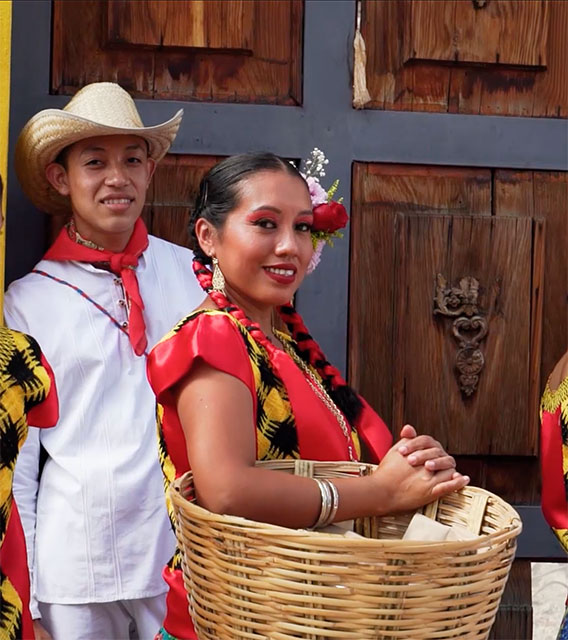Cinco de Mayo, the Fifth of May, has evolved into a widely celebrated holiday in the United States, marked by vibrant festivities, colorful parades, and lively gatherings. However, despite its popularity north of the border, Cinco de Mayo is not widely observed in its country of origin, Mexico, particularly in regions like Oaxaca. In this article, we’ll explore why Cinco de Mayo is more of an American holiday than a Mexican one, shedding light on its historical context and cultural significance.
Historical Significance in Mexico
Contrary to popular belief, Cinco de Mayo is not Mexico’s Independence Day (which is celebrated on September 16). Instead, it commemorates the Mexican army’s victory over the French forces at the Battle of Puebla on May 5, 1862. While the victory was a significant moment in Mexican history, particularly during the French intervention in Mexico, Cinco de Mayo is not widely celebrated as a national holiday in Mexico. In fact, its observance is largely confined to the state of Puebla, where the battle took place.
Emergence of Cinco de Mayo in the United States
The modern-day celebration of Cinco de Mayo in the United States can be traced back to the mid-20th century when Mexican-American communities in California began organizing festivals and cultural events to commemorate the holiday. These celebrations served as a way for Mexican immigrants to showcase their heritage and cultural pride while fostering a sense of unity and solidarity within their communities.
Commercialization and Promotion
The commercialization of Cinco de Mayo by marketers, advertisers, and the food and beverage industry played a significant role in popularizing the holiday across the United States. As businesses capitalized on the growing Hispanic market, Cinco de Mayo became synonymous with promotions, special deals, and themed events aimed at attracting customers and driving sales. Over time, the holiday transitioned from a cultural celebration to a commercialized spectacle, complete with branded merchandise, themed parties, and corporate sponsorships.
Cultural Appropriation and Misrepresentation
Despite its origins as a Mexican holiday, Cinco de Mayo has been subject to cultural appropriation and misrepresentation in the United States. Many Americans view the holiday as an excuse to indulge in Mexican food and drinks without fully understanding its historical significance or cultural context. As a result, Cinco de Mayo has become synonymous with stereotypes and caricatures of Mexican culture, perpetuating harmful misconceptions and reinforcing cultural stereotypes.
Conclusion: Cinco de Mayo as an American Holiday
In conclusion, Cinco de Mayo has transformed into more of an American holiday than a Mexican one, with its observance in the United States far surpassing its celebration in Mexico. While the holiday holds historical significance for Mexicans, particularly in the state of Puebla, its widespread popularity and commercialization in the United States have overshadowed its roots. As we reflect on the meaning of Cinco de Mayo, it’s essential to recognize its cultural complexities and consider how we can celebrate it in a respectful and meaningful way.




